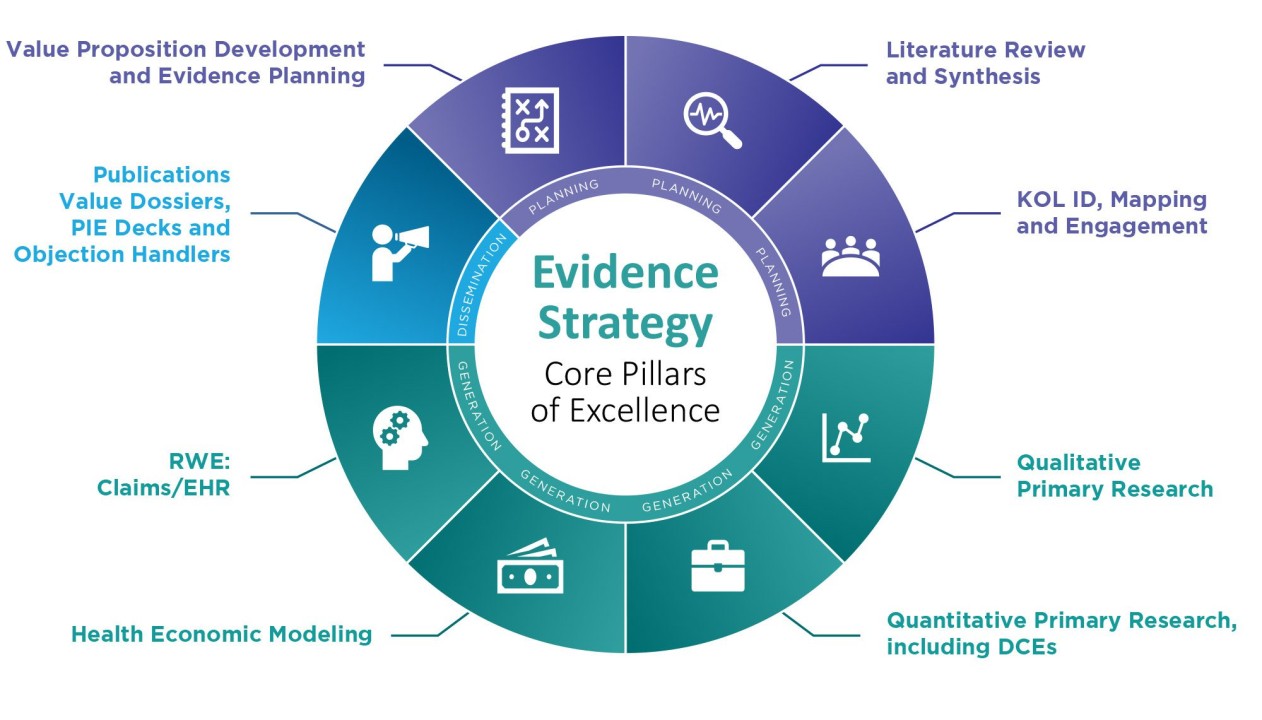Healthcare programs world wide involve complex trade-offs between costs and benefits. From treatments and pharmaceuticals to infrastructure and workforce, every decision affects patient outcomes, health outcomes research. Here's a better consider the important stability healthcare programs intention to keep and why it matters.

The Price Portion in Healthcare
Healthcare fees encompass a wide array of expenditures, including however, not limited by hospital stays, physician trips, drugs, operations, and preventive care. Globally, spending differences between nations frequently highlight how economics impact healthcare availability. As an example, the United States consistently has among the highest healthcare costs per capita, yet outcomes like life span trail behind different nations with different types, such as those in Europe.
Increasing expenses in healthcare in many cases are related to developments in medical technology, an ageing populace, and persistent disorders becoming more prevalent. These traits drive the necessity to manage finances efficiently without diminishing attention quality. For governments, healthcare businesses, and insurers, the emphasis is based on prioritizing cost-effective solutions that maximize positive health outcomes.
Advantages and Outcomes in Healthcare Methods
On the change side, the benefits of healthcare spending exceed immediate individual recovery. Improved health outcomes donate to financial production, greater standard of living, and long-term savings. As an example, preventive actions such as for example vaccines and standard tests usually reduce the requirement for expensive therapies later.
The concept of wellness outcomes is quantified applying methods like Quality-Adjusted Living Decades (QALYs) and Disability-Adjusted Living Decades (DALYs). These resources assess the value of wellness interventions, supporting decision-makers decide which applications warrant expense to improve population health.
Don't assume all money used on healthcare translates straight into better health. A spot comes wherever results reduce, and the included expense offers little included benefit. This is the reason healthcare programs must prioritize source allocation, emphasizing interventions which may produce probably the most impactful outcomes.
The Handling Behave
The primary concern in healthcare planning is based on reaching an equilibrium between fees and benefits. Policymakers and healthcare leaders frequently experience honest dilemmas, such as deciding whether to finance a high-cost, low-benefit therapy or channel resources into lower-cost, high-impact preventive care. Evidence-based methods, supported by effective information analytics and longitudinal studies, present guidance for making these critical decisions.
Understanding the nuances of healthcare fees and benefits fosters educated public view and data-driven policymaking. Impressive the best stability assures that sources are employed efficiently to provide maximum societal and particular health benefits.
